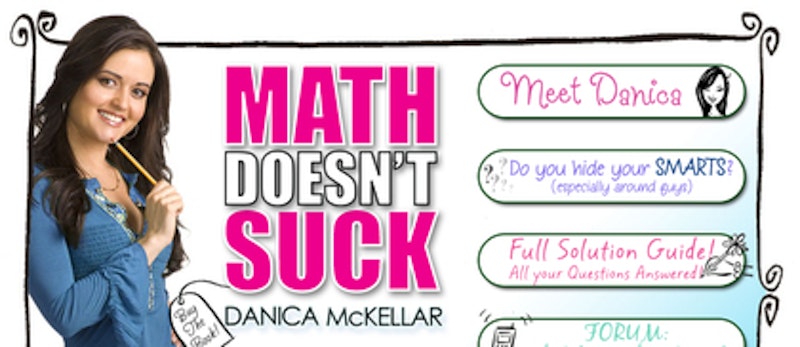As a child, I loved to play dress-up. In a cupboard in our laundry room was a storage box full of feather boas, old scarves, beaded dresses and several worse-for-wear tutus, a treasure chest that provided me endless hours of entertainment. With just a few safety pins and scarves, I could become anything I wanted to be: a butterfly, a fairy and even, on one occasion, an eggplant.
One of my friends once hypothesized that my love for playing dress-up never died, it simply evolved into my love for shopping for clothes. She was right—there is something wonderfully childlike about trying on a beautiful dress you know you can't afford and imagining yourself, just for a moment, as a princess or a movie star. As most of my shopping trips these days are for work clothes, I've had to start imagining myself as a CEO when I’m in the changing rooms instead, which can be just as exciting but involves significantly fewer tiaras.
Sometimes, shopping becomes a competitive sport: My friend Kira and I found ourselves in a vintage store a few weeks ago and played an intense round of “Ugliest Dress Wins.” The competition was stiff, but I won with what appeared to be a dance costume–purple, green and pink beaded spandex. On second thought, there’s a good chance it wasn’t a dance costume at all–it could just as easily have been a 1980s prom dress.
While I do love to shop for clothes, shopping for books is a real passion. I wander around a bookstore with a notepad and pen, adding titles onto my ever-growing “To Buy and Read” list. I flip through a book and think, "I should get this for [insert family member or friend here].” And although I still get a thrill from rushing home to wear a newly purchased dress, it’s better with a new book. I have fallen head over heels for my local bookstore, which puts sale books out on two huge tables every day and leaves them out late into the night. I have learned to leave myself an extra five or 10 minutes whenever I’m leaving to walk past it, which I rarely manage to do without stopping to browse. So last week, when a friend was running late, and called to tell me just as I was walking past a Barnes & Noble, the timing could not have been better.
Once inside, it wasn’t long before I had a “To Buy for Dad” list several titles long. I was browsing through the nonfiction section when I came across a cover that screamed, in big, bright pink letters, “Math Doesn’t Suck." [Readers may recognize author Danica McKellar as Winnie from The Wonder Years. -ed.] Aside from the fact that, as someone who truly struggled through high school math and college statistics, I was intrigued by a math book that, judging by the pink lettering, was clearly aimed at young women. Intrigue turned to disgust, however, when I read the subtitle: “How to Survive Middle-School Math Without Losing Your Mind or Breaking a Nail.” The book cover was laid out like a teen magazine; in addition to advertising the “Are You a Math-o-phobe?” quiz, it also offered horoscopes and love advice.
“Oh god,” I thought, and furiously began taking notes for my next column, which would start something like this: “Girls suck at math. You know what we don’t suck at, though? Painting our nails and generally looking pretty, and god forbid we should stop doing that for even a second as we, oh I don’t know, try to get into college…” And so it went, until I got on the book’s website and did a bit of research.
I was ready to be as offended by the site as I had been by the book, so imagine my surprise when, amongst the girly, curlicue, pretend-handwriting font and cutesy cartoons, there was a quiz which asked “Do You Hide Your Smarts?” Its central message was that young women should embrace their intelligence and “be true to themselves” by refusing to act dumber than they are. It advised, “You may feel tempted to dumb yourself down sometimes to make someone else feel better about themselves…especially guys. But this is dangerous! It's one thing to be considerate, it's another thing entirely to sell yourself short.” I’ll admit I was pretty damn impressed. If you can look past the magazine-style layout, the blindingly bright pink writing and the reminders to look pretty while you’re solving for x, the basic message of this book is that despite the stereotypes, there’s no reason girls can’t be good at math, and no reason to hide it if they are.
I had jumped to conclusions about a book that, its publishers knew, couldn’t sell without buying in to the idea that girls should be primped and polished (it’s sad, but true). But it also encourages them to improve their intellectual abilities, and to be proud of them. And that really doesn’t suck.
The Right Message
A new book aimed at middle-school girls looks suspicious, but it ultimately conveys a worthy message.

The homepage for mathdoesntsuck.com
